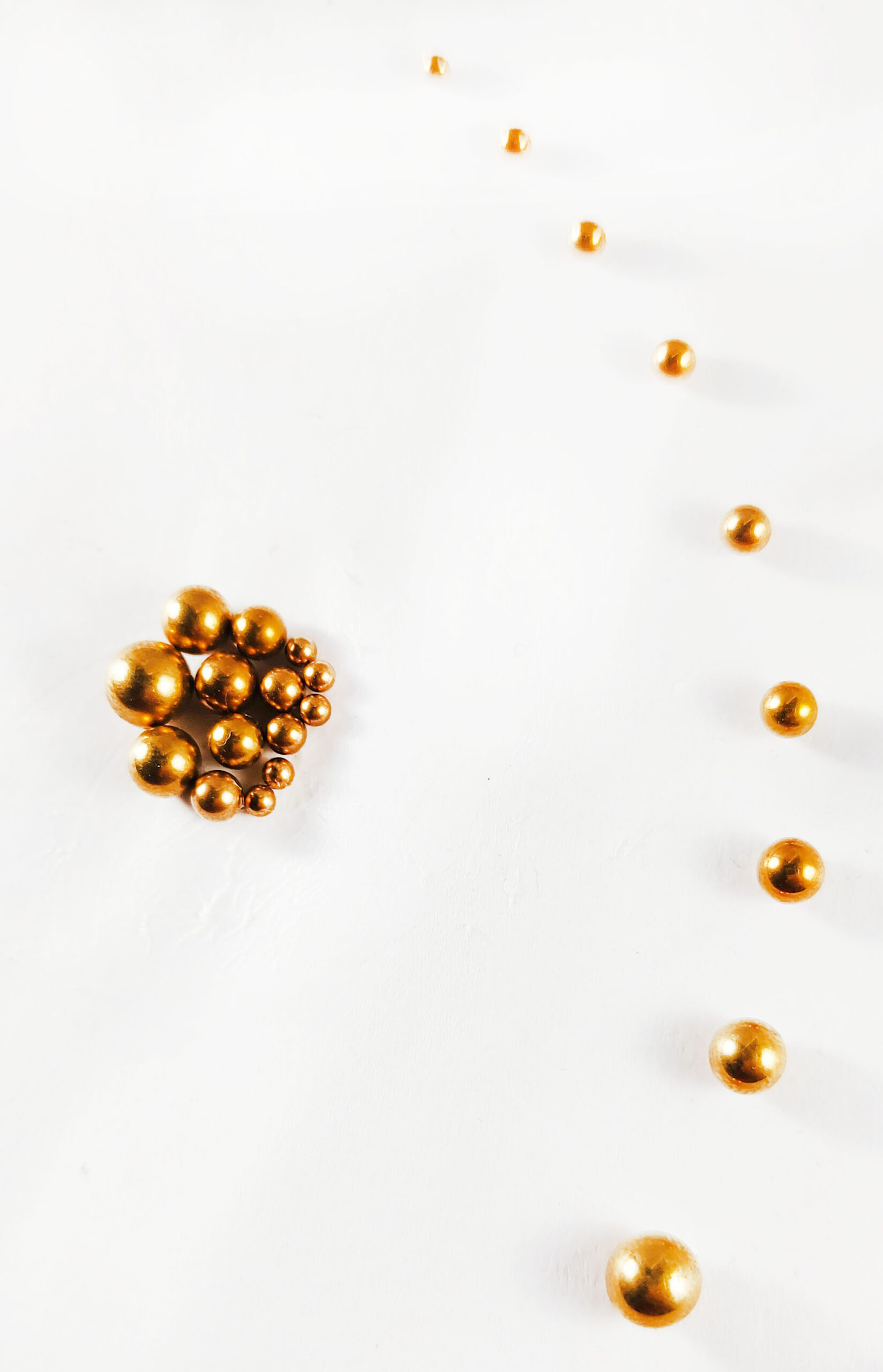Brass Ball
Brass balls are spherical objects made from brass, an alloy of copper and zinc. These balls are used in a variety of applications, including bearings, valves, connectors, jewelry, and decorative ornaments. Brass balls are valued for their corrosion resistance, electrical conductivity, and attractive appearance.
DSP Precision Products Pvt Ltd is an Indian company that specializes in precision engineering and manufacturing. While I don’t have specific information about this company’s processes or products, I can provide a general overview of the manufacturing process for brass balls:
Brass Ball Manufacturing Process:
- Raw Materials: The primary raw materials for manufacturing brass balls are copper and zinc. These metals are typically obtained in the form of ingots or billets.
- Alloying: Copper and zinc are melted together in precise proportions to create the brass alloy. The specific composition of the brass alloy can vary depending on the desired properties of the final product.
- Casting or Forging: Brass balls can be produced using either casting or forging methods.
- Casting: In the casting method, the molten brass alloy is poured into spherical molds to form the ball shape as it cools and solidifies.
- Forging: Forging involves shaping a solid piece of brass into a ball shape by applying pressure with dies or hammers. This method is often used for producing larger and more precisely shaped brass balls.
- Annealing: After shaping, the brass balls are typically annealed to relieve any internal stresses and improve their mechanical properties. Annealing involves heating the brass to a specific temperature and then allowing it to cool slowly.
- Machining and Finishing: To achieve precise dimensions and a smooth surface finish, the brass balls may undergo machining processes such as turning, milling, or grinding. This step ensures that the balls meet the required specifications.
- Polishing: After machining, the brass balls are polished to give them a shiny and attractive surface finish. Polishing can be done using abrasive materials and methods tailored to the desired appearance.
- Quality Control: Throughout the manufacturing process, quality control measures are implemented to ensure that the brass balls meet the specified standards. This includes dimensional checks, surface quality inspections, and chemical composition analysis.
- Packaging and Shipping: Once the brass balls pass quality control, they are packaged and prepared for shipment to customers or other manufacturing processes where they will be used.
It’s important to note that the specific manufacturing process and quality standards may vary from one company to another. DSP Precision Products Pvt Ltd, in particular, may have its own proprietary processes and quality control procedures to meet the unique requirements of its customers. For detailed information about DSP Precision Products Pvt Ltd’s brass ball manufacturing processes, you would need to contact the company directly or refer to their official documentation.




